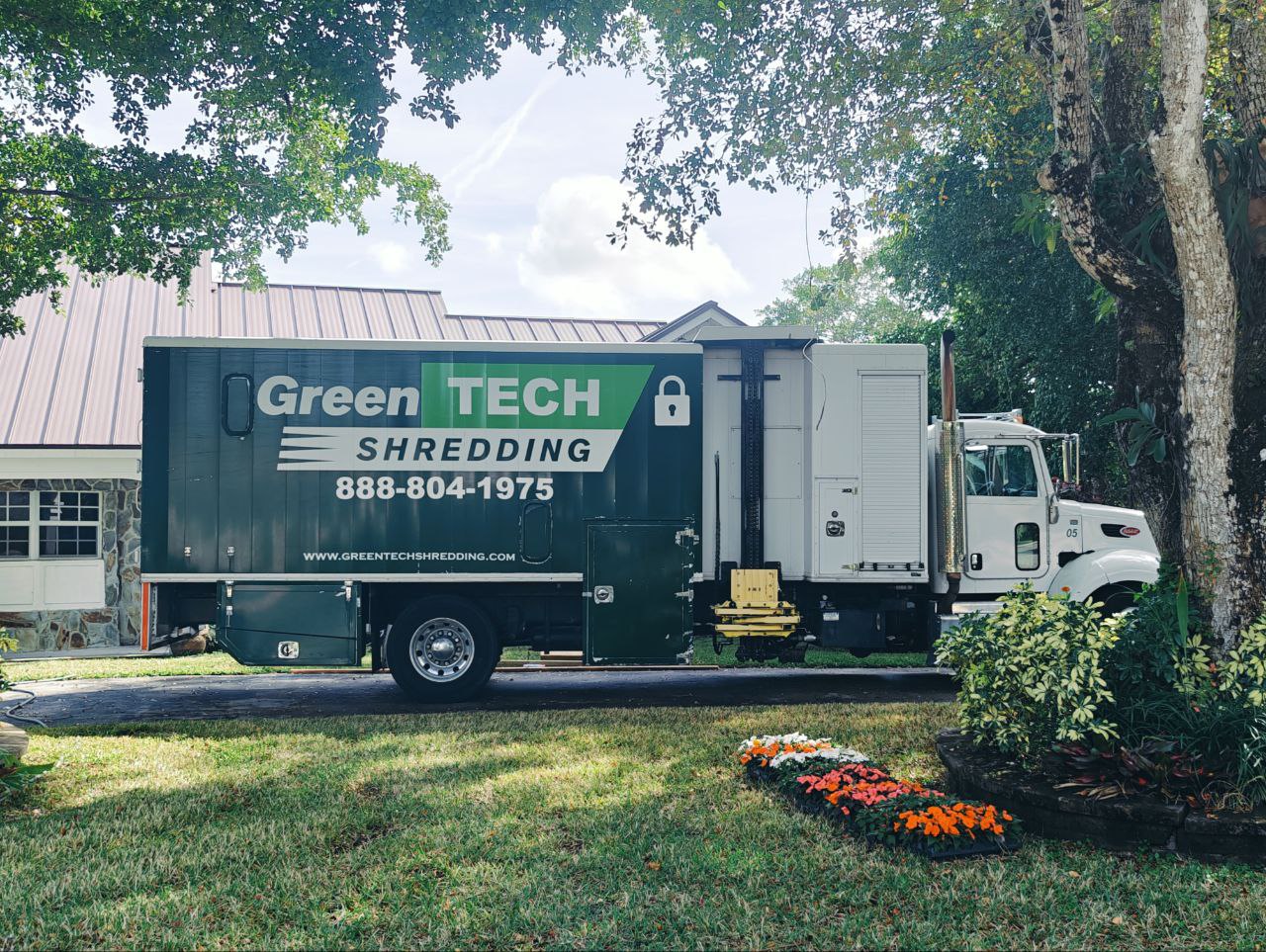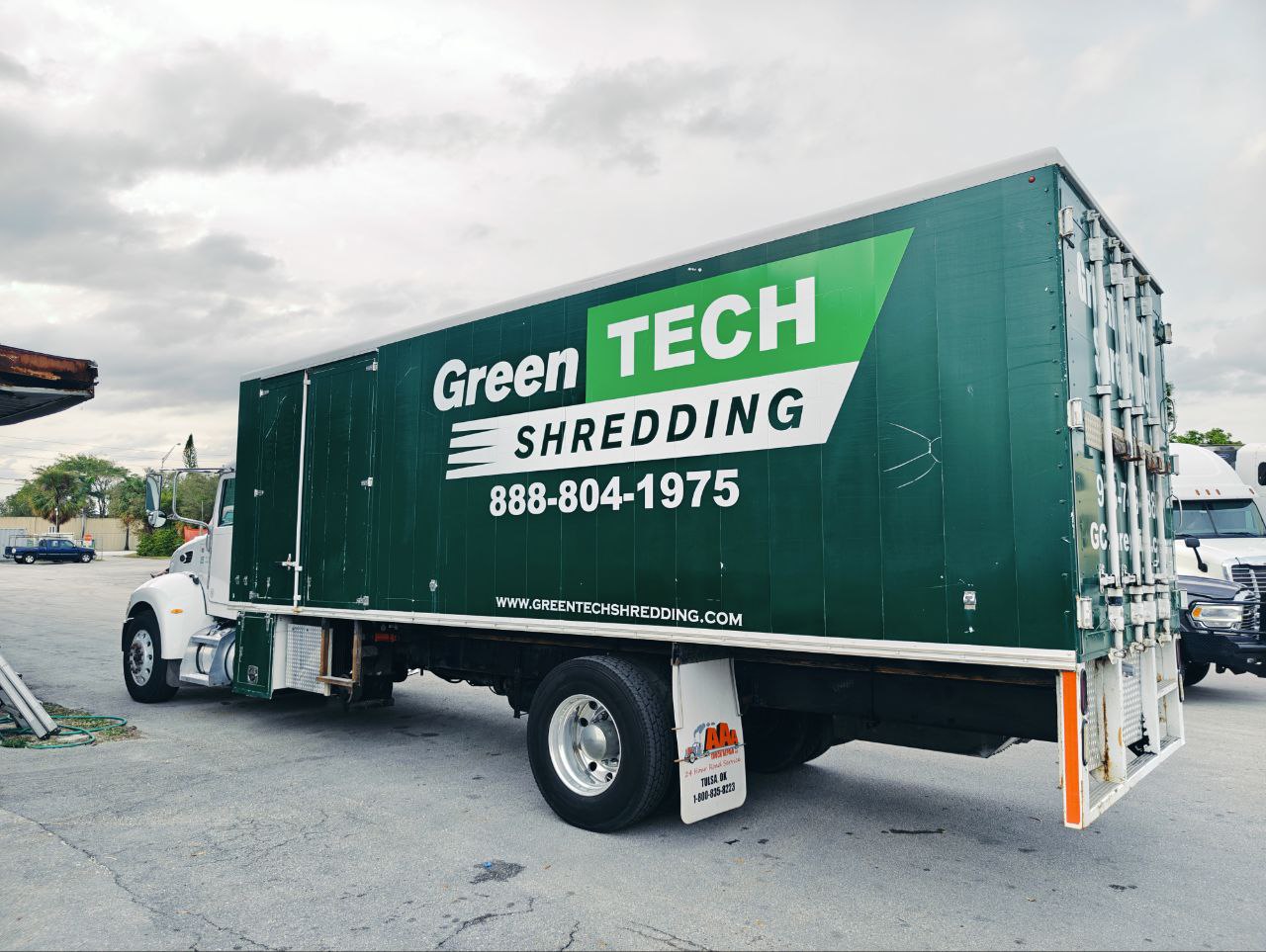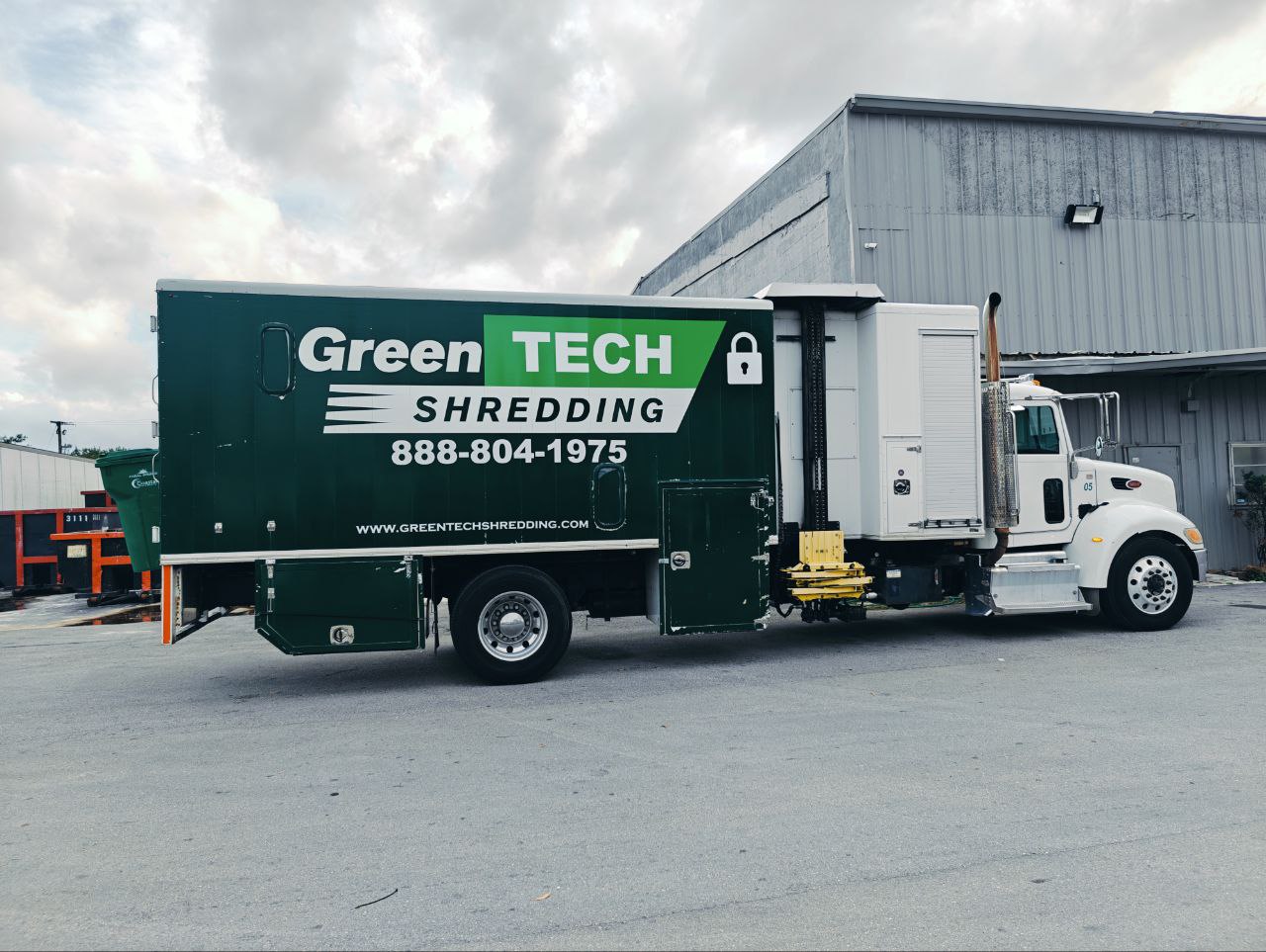If you’re part of the healthcare industry, you already know that HIPAA compliance is non-negotiable. But did you know that shredding is one of the key practices recommended for the safe disposal of patient information?
Protecting Your Practice: Why HIPAA Requires Shredding in Healthcare?
The Health Insurance Portability and Accountability Act (HIPAA) requires that healthcare entities implement administrative, technical, and physical safeguards for protecting patient data. Under the “Standards for Privacy of Individually Identifiable Health Information,” shredding is listed as an approved safeguard for physical documents.
Who must comply with HIPAA shredding rules?
- Doctors, nurses, and hospitals
- Pharmacies
- Medical billing companies
- Health insurance providers
- Any business handling protected health information (PHI)
Risks of Non-Compliance:
- Civil penalties ranging from $100 to $50,000 per violation
- Criminal charges for willful neglect
- Loss of reputation and patient trust
Best Practices:
- Shred all paper files containing PHI before disposal
- Use a professional shredding service to ensure compliance
- Document your shredding practices as part of your HIPAA audit trail
Don’t let a paper trail become a legal minefield. Protect your patients and your practice with consistent, compliant shredding protocols.




